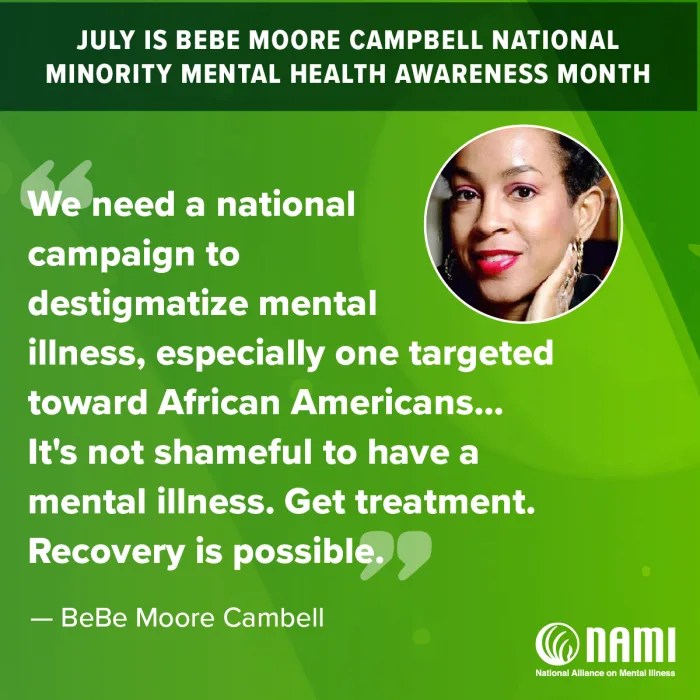The Juneteenth flag hung high from many homes and buildings as Americans all over the country celebrated the complete emancipation of enslaved Black Americans on June 19th, 1865 in Texas. While the flag shares the same red, white, and blue colors and the star symbol with the American flag, it celebrates the end of chattel slavery, which was a legal system at the time the American flag was designed to represent the former colonies’ independence from Great Britain. But what exactly is the meaning of the Juneteenth flag?
Black communities around the United States have flown this flag in commemoration of Juneteenth for over 20 years. Since Juneteenth became a federal holiday in 2021, the flag is being seen now more than ever. Ben Haith, founder of the National Juneteenth Celebration Foundation (NJCF), created the Juneteenth flag in 1997 with help from illustrator Lisa Jeanne Graf, reports CNN. However, the flag was revised in 2000 to its current design of one blue stripe atop a red one with a white starburst in the middle and the date June 19, 1865 along the right side.
When designing the flag, it was vital to reflect the significant meaning that Juneteenth holds in the Black community. The colors and symbols have multiple meanings that sum up what is important about the holiday.
The star in the center has a dual meaning, says Haith. It pays homage to Texas, the Lone Star State, where Gen. Gordon Granger arrived and informed enslaved African Americans of their emancipation. The star represents the freedom of enslaved people in all the states. While the burst around the star was inspired by a nova, which is how new stars are made, and represents African Americans’ new beginnings.
The curved lined along the flag’s width is shaped like a sunrise or horizon. This indicates the future of African Americans, including all the opportunities that are possible.
The American flag inspired the colors of the Juneteenth flag, with red, white, and blue representing the nationality of Black Americans.
June 19th, 1865, will be a day forever held within our hearts. As a Black person born in 2002, I can only imagine my ancestors’ emotions when they learned they were freed. And this feeling will forever motivate me to celebrate Juneteenth in some way every year. Though today African Americans are still fighting for equality, we will never lose hope and remain true to our identity as African Americans.




